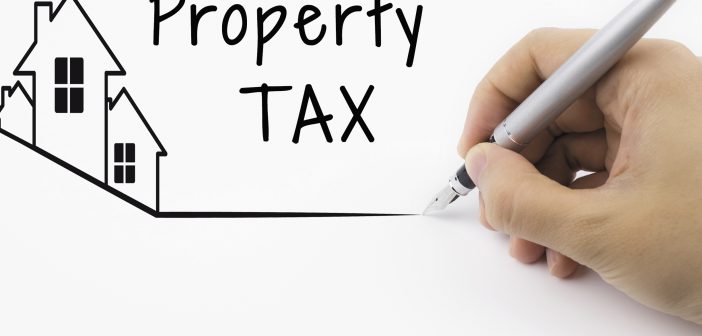by JESSICA VACHIRATEVANURAK
For hoteliers, property tax expense is often a substantial fixed expense. As a result, understanding how property taxes are calculated and what owners and operators can do to mitigate them is crucial. Below are four tips for keeping property taxes from unduly impacting your hotel’s bottom line.
Make sure your property is assessed fairly. It’s paramount that hotel properties are assessed fairly and accurately, because the assessment of the hotel’s value dictates the amount of property taxes owed by ownership. If ownership and/or management believes the property is being unfairly assessed, recourse is available through property tax appeals.
Depending on a property’s location, there are various deadlines relative to property tax abatement and notification by jurisdictions of new assessments that property owners need to be aware of. Some districts perform re-assessments annually, while others have different guidelines around how often a re-assessment occurs.
A hotel’s going-concern value is comprised of several different components, including real property, tangible personal property, business value and various intangible assets. The most important aspect of ensuring appropriate assessment for hotel properties is proper allocation of these various components that comprise hotel value. Owners should be paying real property taxes based on the value of the land and improvements only, and if non-real property items are not identified, hotel owners and operators run the risk of paying more than their fair share of real property taxes.
Do your pre-acquisition homework. It’s imperative that hospitality property buyers ensure that only the real property value is reflected when recording a deed for the purchase of a hotel. This phase of acquisition is extremely important, as the year one taxable value will serve as a starting point for the property’s assessment level in subsequent years. The accurate assessment of the real estate only following a transfer of the property, as opposed to the entire suite of assets typically included in a hotel transaction as mentioned above, is key. In jurisdictions with limits on year-over-year increases, a purchase price allocation can offer substantial savings, not only for the initial year following a transfer, but over the life of the ownership of that property.
Appeal as often as possible. Many owners and operators don’t realize that they don’t have to take their property tax bill at face value. In fact, property owners have the opportunity to appeal their property tax bill on a regular basis. In some jurisdictions, appeals can be conducted as often as every year. In order to understand what the local deadlines are in a certain area, contact the local assessor’s office.
Stay up-to-date on the local markets. In-depth knowledge of the local hotel market is key when presenting a case for a property tax appeal.
A common factor in the failure to achieve property tax reductions is the argument that any negative change to a property’s performance can be attributed to poor management. For this reason, it’s important the individual conducting the appeal has a sound understanding of local factors that may have contributed to year-over-year changes in the hotel’s profit and loss statement. Specifically, intricate knowledge of fixed and variable expense items makes up a large component of a successful appeal.
In order for an argument on reducing taxes to be successful, the owner or agent representing the hotel has to have their finger on the pulse of the various factors affecting hotel values in that specific market. Read industry trade publications, build relationships with brokers and other market players, and keep abreast of supply and demand factors in your market area that may affect the value of your hotel, both positively and negatively.
Hotel performance is tied so closely with the supply and demand factors of the competitive market; knowing how those factors are affecting a given property can make or break a case for lowering property taxes. ■
Jessica Vachiratevanurak is an author and managing consultant at Paradigm Tax Group. Jessica focuses specifically on advising clients with the hotel and hospitality industry and has specific knowledge regarding how property taxes in the hotel space work.
Photo credit: yanatul/Shutterstock.com




